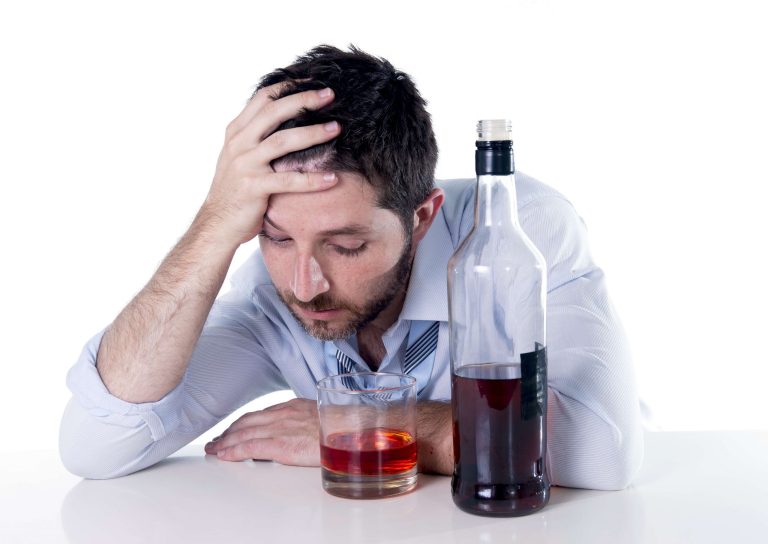Scatter plots and R-values of the correlation analysis for CAPS, anger and MMPI-2 clinical scales of PTSD patients. When appropriately addressed, the wounds of your past no longer need to interfere with your ability to live a meaningful and satisfying life. In many cases, those with PTSD may resort to alcohol to cope with symptoms they find unbearable. While alcohol initially offers a sense of relief, it eventually compounds the problem, trapping individuals in a cycle of trauma, alcohol usage disorders, and deteriorating mental health. And of course, if someone is using alcohol to mask the symptoms of PTSD, that means they may go longer without realising they have PTSD, so the root cause of the symptoms goes untreated.
Exploring Treatment Options for PTSD and Anger
Partners and children may feel embarrassed or ashamed to discuss their situation, leading to a breakdown in connections with friends and extended family. This isolation compounds the stress of PTSD from an alcoholic spouse and makes it harder to seek support. In MMPI-2, questions and terms related to religion, sex, defecation, bladder, and some others were excluded from the existing MMPI. https://www.harianmetro.id/sober-living/what-is-xanax-uses-dosage-side-effects-and-more/ In the MMPI, 16 of the 566 items were duplicated, but MMPI-2 consisted of 567 items without duplicates.
When you’re exposed to extreme stress
The current study examined the associations among PTSD symptom what is alcoholism severity, alcohol use to down-regulate both negative (i.e., despondency and anger) and positive emotions, and alcohol misuse. Effective anger management strategies can help individuals with PTSD regain control over their emotions and improve their quality of life. These approaches include professional therapeutic interventions, personal coping techniques, and leveraging support networks.
- The veteran scored a 50 on the PTSD Checklist for military populations (PCL-M; Weathers, Hushka, & Keane, 1991), indicating a positive screen and the need for a formal evaluation of PTSD.
- The veteran maintained a high level of motivation for change throughout the process, which enhanced his ability to resume progress even after relapsing to heavy alcohol use.
- The integrated treatment approach led to a good outcome for this particular veteran.
Course of Treatment
- According to VA clinical psychologist Mandy Rabenhorst Bell, alcohol misuse and binge drinking are common among active-duty military personnel.
- Now, get in touch with BTG and let us walk beside you on the journey ahead.
- Post-traumatic stress disorder (PTSD) is a serious mental health condition that develops after experiencing or witnessing traumatic events, such as combat, natural disasters, or personal assaults.
- We termed this the “ happy hour effect” and have noted that even among social drinkers, alcohol consumption increases following, but not during, exposure to stress.
- When that happens, you may become aggressive toward others or even harm yourself.
- It could help inform treatments that are more effective based on gender.
They possess the expertise to guide you safely through the process of reducing your alcohol consumption while monitoring your well-being. And sometimes alcohol usage disorders are simply a comorbidity that appears alongside PTSD, without one necessarily causing the other. When you learn skills for coping with intense anxiety, you’re also learning ways to keep your anger at less intense levels.
He maintained abstinence from alcohol for more than 4 months, and he noticed an improvement in his health and mood. The veteran practiced new coping skills for anxiety, such as walking, reading, and maintaining social activities that did not include alcohol use. The veteran attended group therapy sessions offered to veterans newly diagnosed with PTSD, with topics such as Understanding PTSD, Anger Management, and Stress Reduction. He formed friendships with other combat veterans (“They know exactly how I feel”), and he looked forward to his appointments at the VA Medical Center. Living with an alcoholic spouse can be challenging and stressful, and it can lead to the development of post-traumatic stress disorder (PTSD). PTSD is a mental health condition that can occur after experiencing or witnessing a traumatic event.

When drug or alcohol use reaches the level of addiction, it is called substance use disorder (SUD). Substance use—especially when it rises to the level of addiction—can cause other problems, such as physical pain, medical problems, trouble in relationships, and difficulty keeping a job, staying in school, or meeting other responsibilities. People with both disorders (PTSD and SUD) also have a higher risk of depression, anxiety, and suicide. The toll of PTSD and substance use is heavy for individuals and society, but there are good treatments for both disorders. After experiencing trauma, people frequently experience a variety of symptoms, including intrusive thoughts, hypervigilance, irritability, hostility, avoidance, anxiety, and depression. Other challenges, including troubling memories, problems sleeping, and unhealthy coping mechanisms, can also make anger worse and more drunk aggression challenging to manage.

Other Mental Health Issues
Getting treatment for PTSD or using positive coping actions are better options than turning to alcohol or drugs. It can be challenging to manage and can have a devastating impact on relationships and well-being. Fortunately, there are treatments that can help you cope with PTSD and learn more deal with your anger more effectively. It’s become clear that veterans are at risk for a number of mental health problems, including PTSD and extreme anger. Anger regulation deficits in combat-related posttraumatic stress disorder.
